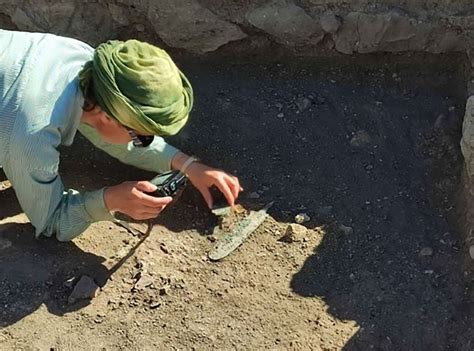The U.S. is facing a measles outbreak of concerning proportions, with the situation growing more alarming by the day. The recent death of a second child due to measles complications has sent shockwaves through health authorities, indicating that the outbreak may be more widespread than official figures suggest.
The Growing Crisis
The child’s tragic passing from measles-related pulmonary failure highlights the seriousness of the situation. Health officials in Texas have reported at least 481 cases of measles in the South Plains region since January, with the outbreak expanding to encompass additional counties. Furthermore, neighboring states like New Mexico are now grappling with cases linked back to Texas.
Expert pediatric vaccine scientist Peter Hotez warns that these fatalities underscore the magnitude of the epidemic, suggesting that it is larger than currently estimated nationwide. With over 600 confirmed cases across multiple states and suspicions of many more unreported instances, there are fears that this crisis is far from over and could escalate further.
Funding Cuts and Consequences
Complicating matters are severe cuts in public health funding under the Trump administration, jeopardizing efforts to contain infectious diseases like measles. The abrupt termination of support for local testing and vaccination programs has left health agencies struggling to cope with the outbreak. Moreover, critical positions at key institutions such as the CDC have been eliminated as part of broader restructuring initiatives.
According to Michael Osterholm from the University of Minnesota, these sweeping changes represent a looming disaster for public health preparedness. Insufficient investments at state and local levels coupled with dwindling federal support paint a grim picture for combating contagious diseases effectively.
Vaccine Controversies
Amidst this turmoil, concerns about vaccine hesitancy persist despite overwhelming scientific evidence supporting their safety and efficacy against preventable diseases like measles. Despite debunked claims linking vaccines to autism resurfacing in public discourse, vaccination remains one of our most potent tools in disease prevention.
Robert F Kennedy Jr.’s contradictory stance on vaccination – advocating for its importance while also endorsing unproven treatments – reflects wider skepticism surrounding established medical practices. While emphasizing vaccination’s vital role in curbing outbreaks is crucial, promoting unfounded remedies could undermine public trust and exacerbate risks associated with misguided interventions.
Expert Insights
Experts like Peter Hotez stress that dispelling misinformation around vaccinations is essential to safeguarding public health. Highlighting the proven benefits of vaccines and countering misleading narratives is paramount in countering growing skepticism within certain communities.
As we navigate through this challenging period marked by heightened disease threats and policy uncertainties, prioritizing evidence-based strategies and robust healthcare infrastructure will be pivotal in steering us towards safer shores amidst turbulent seas.






Leave feedback about this